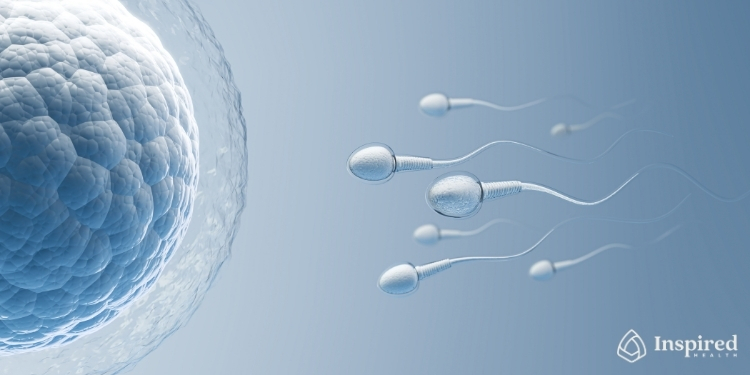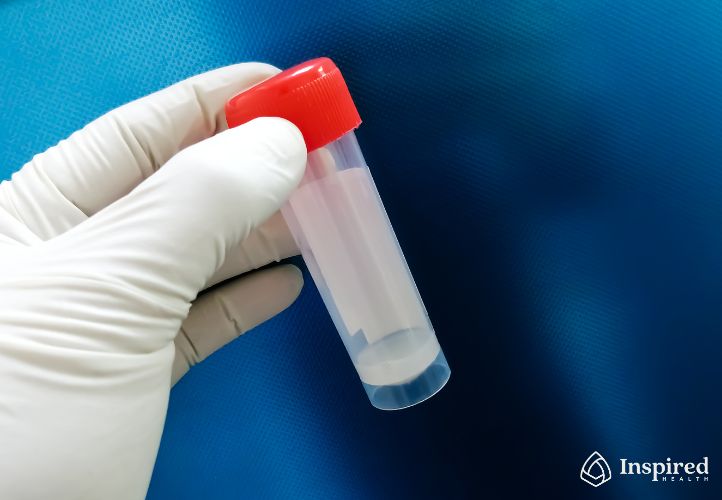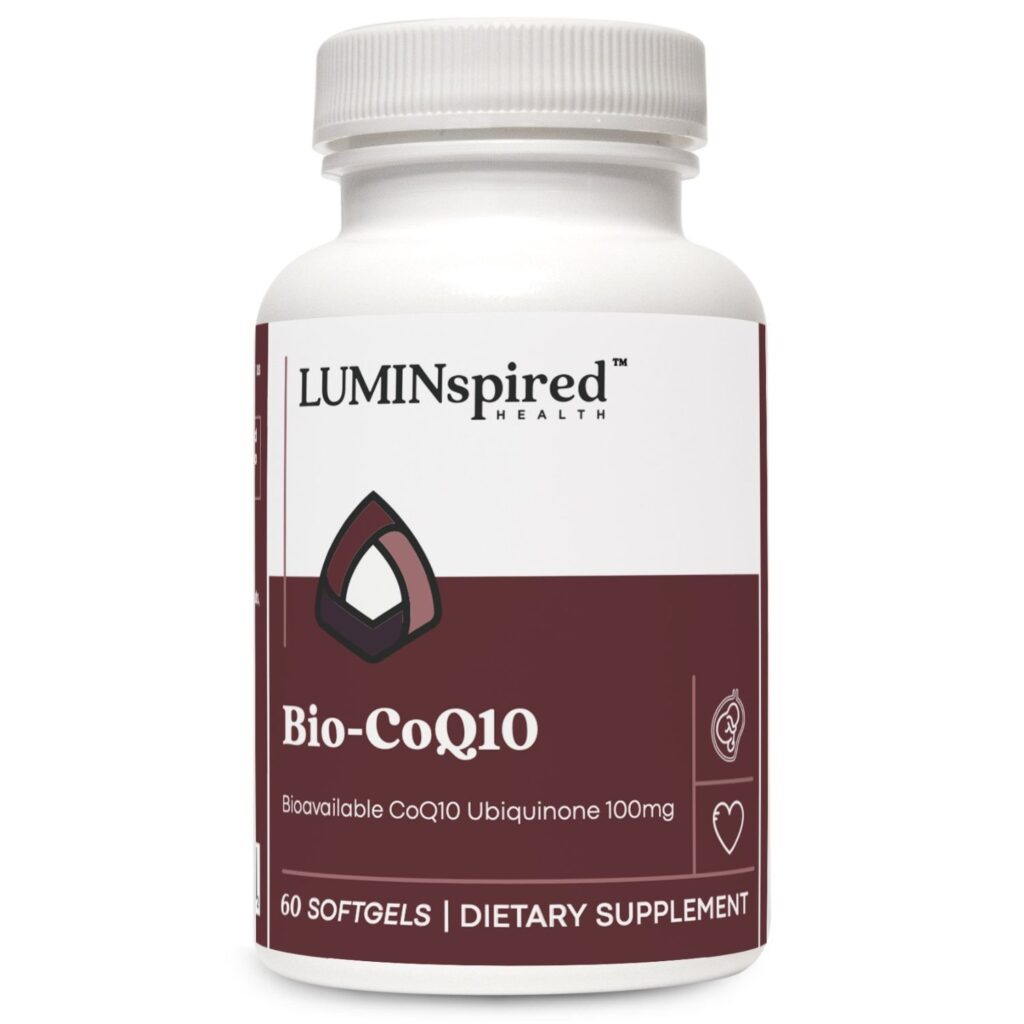When it comes to fertility, the focus is often placed on women, but men play just as critical a role in conception. In fact, it is estimated that male fertility factors are solely responsible for about 20% of infertility cases and are a contributing factor in another 30% to 40% of all cases. Despite this, male fertility is frequently overlooked or misunderstood, leading to delayed evaluation and ultimately prolonged fertility journeys. Understanding the factors that influence male fertility is essential for anyone hoping to start or grow a family.
Factors in Male Fertility
Male fertility hinges largely on the health and function of sperm. For fertilization of an egg to occur, a man needs to produce a sufficient number of sperm, and those sperm must be strong, mobile, and properly shaped. If sperm count is low or the sperm aren’t functioning well, the chances of fertilizing an egg drop significantly. Even subtle issues can impact fertility, making it important to understand how sperm quality affects reproductive success.

Common Causes of Male Infertility
- Medical Conditions: Varicocele (enlarged veins in the scrotum), infections, ejaculation issues, hormonal imbalances, and genetic disorders can all interfere with sperm production and function.
- Lifestyle Factors: Smoking, excessive alcohol consumption, drug use, obesity, and stress can negatively impact sperm health. Even prolonged heat exposure—such as from hot tubs or laptops on laps—can temporarily lower sperm count.
- Environmental Toxins: Pesticides, heavy metals, and radiation can affect sperm production and quality.
- Age: While men can technically produce sperm well into older age, sperm quality tends to decline gradually after age 40, increasing the risk of miscarriage and genetic abnormalities if conception does occur.
Testing Male Fertility
Typically testing starts with a semen analysis. This simple, non-invasive test provides a detailed look at sperm health and is often performed at a fertility clinic or urologist’s office. Certain tests can even be done from home.

What a Semen Analysis Measures:
- Sperm Count – The number of sperm present in one milliliter of semen. A normal count is at least 15 million sperm per milliliter. Less, can significant impact the likelihood of conception.
- Motility – The percentage of sperm that move effectively. At least 40% motile sperm is considered normal, with progressive (forward moving) motility being the most important.
- Morphology – The shape of sperm. Sperm with proper morphology have much higher rates of fertilization.
- pH Level – Assesses the acidity or alkalinity of the semen, which can affect sperm survival.
Additional Testing May Include:
- Hormone Testing – Blood tests to evaluate levels of testosterone, DHEA, FSH, LH, and prolactin, which all play key roles in sperm production.
- Genetic Testing – May be recommended if sperm count is extremely low or absent (azoospermia) to check for chromosomal disorders.
- Scrotal Ultrasound – A non-invasive test that helps identify structural problems such as varicoceles or blockages.
Improving Male Fertility:
For many men, fertility can be significantly improved through lifestyle changes, targeted supplements and occasionally even through medical interventions. While not all cases are reversible—especially those related to genetic or structural issues—there are several ways to enhance sperm health and boost reproductive potential.
1. Lifestyle Changes
Quit Smoking + Cut Back on Alcohol Consumption: Smoking is strongly linked to reduced sperm count, poor motility, and abnormal morphology. Quitting can improve overall sperm quality within a few months. Likewise, heavy drinking lowers testosterone levels and impairs sperm production. Moderation—generally defined as no more than 1–2 drinks per day—can help maintain hormonal balance.
Focus on Diet: A nutrient-rich diet supports overall reproductive health. Focus on foods high in antioxidants, such as:
- Leafy greens
- Citrus fruits
- Nuts and seeds
- Whole grains
- Lean protein (especially fish and poultry)
Maintain a Healthy Weight: Obesity can alter hormone levels, reduce sperm quality, and lead to erectile dysfunction. If overweight, losing even 5–10% of your body weight can improve fertility outcomes.
Reduce Stress: Chronic stress disrupts hormone production and sexual function. Techniques such as meditation, regular exercise, therapy and mindfulness techniques can help reduce stress levels.
Avoid Excessive Heat:
Frequent use of saunas, hot tubs, or tight-fitting clothing can raise testicular temperature and temporarily lower sperm production. Opt for looser clothing and limit heat exposure when trying to conceive.
2. Nutritional Supplements
Several supplements have shown promise in improving sperm parameters. Always consult a healthcare provider before starting any new regimen:
- Zinc – Supports testosterone production and sperm development.
- Folic Acid – Often combined with zinc to enhance sperm count and quality.
- Coenzyme Q10 (CoQ10) – An antioxidant that improves sperm motility and density.



- Selenium – Important for sperm motility and function.
- L-Carnitine – May improve sperm movement and concentration.
- Omega-3 Fatty Acids – Support hormone regulation and sperm membrane health.

3. Medical Treatments
In addition to managing significant hormonal imbalances with medications and minor surgical procedures to address structural problems, assisted reproductive technologies (ART) like IUI, IVF, or ICSI may offer the best chance of conception when all else fails.
Male fertility is a vital part of the reproductive equation, yet it’s often misunderstood or overlooked. The good news is that many fertility issues in men are treatable or manageable with the right lifestyle changes, medical support, and early intervention.

Want more Inspired tips?
Be sure to follow us on Instagram, Facebook, and Pinterest.
Also, sign up for our newsletter!
Visit us in-person at Inspired Health, or schedule a TeleHealth appointment!
References:
- Leslie SW, Soon-Sutton TL, Khan MAB. Male Infertility. 2024 Feb 25. In: StatPearls [Internet]. Treasure Island (FL): StatPearls Publishing; 2025 Jan–. PMID: 32965929.
- Chen T, Belladelli F, Del Giudice F, Eisenberg ML. Male fertility as a marker for health. Reprod Biomed Online. 2022 Jan;44(1):131-144. doi: 10.1016/j.rbmo.2021.09.023. Epub 2021 Oct 6. PMID: 34848151.
- Belladelli F, Basran S, Eisenberg ML. Male Fertility and Physical Exercise. World J Mens Health. 2023 Jul;41(3):482-488. doi: 10.5534/wjmh.220199. Epub 2023 Jan 4. PMID: 36649927; PMCID: PMC10307666.
- Chen G, Kathrins M, Ohlander S, Niederberger C. Medical management of male infertility: now and future. Curr Opin Urol. 2023 Jan 1;33(1):10-15. doi: 10.1097/MOU.0000000000001056. Epub 2022 Nov 3. PMID: 36325880.






